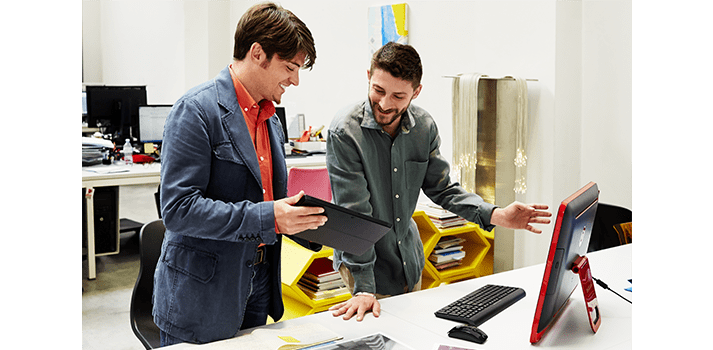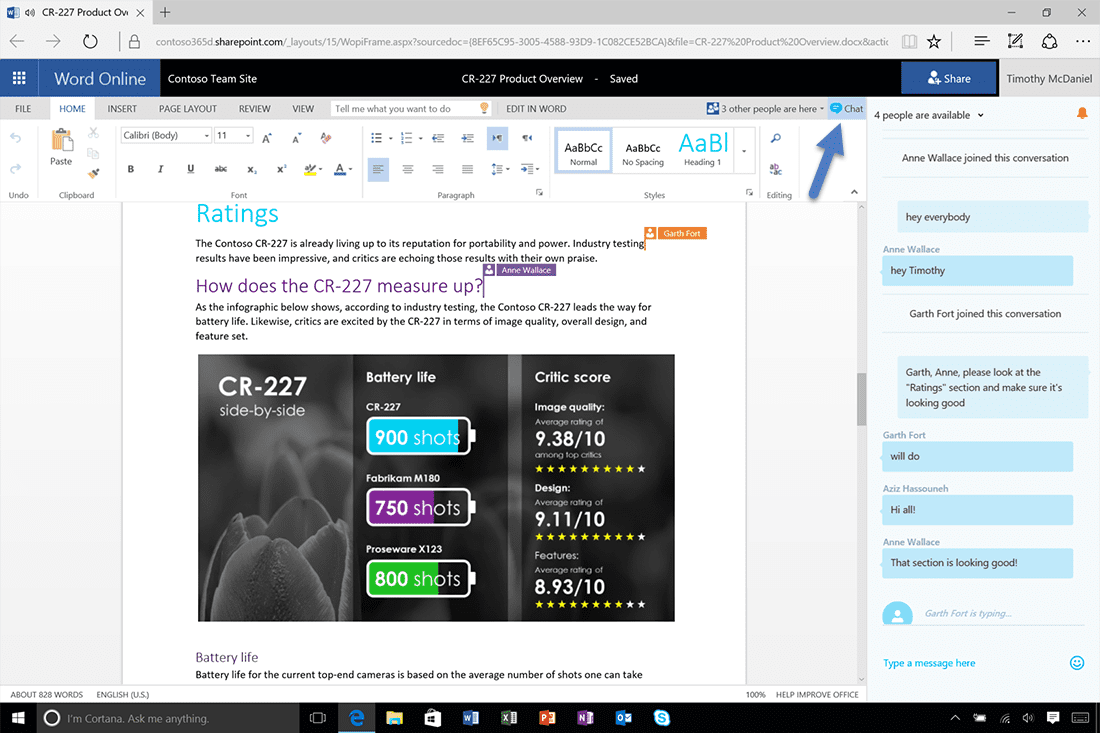[vc_row][vc_column][vc_column_text][vc_single_image image="9565" img_size="800x600" alignment="center"][vc_column_text]
Alex Eaton: Helping small farmers turn animal waste into clean energy
By Vanessa Ho as written on news.microsoft.com
When Alex Eaton started his company in Mexico to help small farmers, his timing couldn’t have been worse. It was 2010, the global economy was fragile, Mexico’s drug war was peaking and swine flu was pandemic.
Then there was Eaton’s challenge of introducing new technology – a system that turns animal waste into clean energy – to old-school farmers. His company was lean, with employees building the system in a cramped garage at night and selling it directly to farmers by day. They traveled on cheap “chicken buses,” which sometimes also carried livestock.
“I slept on a lot of farmers’ dirt floors,” says Eaton. “In terms of challenges, we certainly did not have any shortages. It was a radical, bootstrapping operation, and it made us stronger as a company, because we generated a culture in which you wouldn’t have worked for us if you weren’t passionate.”
Six years later, Eaton’s company, Sistema Biobolsa, has become a thriving business with a global mission in environmental sustainability and social justice. It has installed more than 3,000 of its digester systems, which now serve 20,000 people in Mexico, Central America, South America and Africa.
[/vc_column_text][grve_video video_link="https://youtu.be/GydSK_FAues"][vc_column_text]
“We want small farmers to grow, improve their productivity and efficiency, and grow into the important and sustainable food producers that they can be,” Eaton says.
With the help of Microsoft tools for productivity and collaboration, the company boosts local economies by enabling farmers to turn cow and pig waste into biogas that fuels stoves and other equipment. Sistema Biobolsa’s affordable, scalable digesters also help produce an organic, nutrient-rich manure, so farmers don’t have to buy chemical fertilizers and can further save money.
“A huge disadvantage of being a small farmer today is you live in an environment filled with flies and horrible odor,” with animal waste contaminating rivers, lakes and watersheds, says Eaton, who grew up on a small farm in New Hampshire. “We take that waste and turn it into a clean, renewable energy source.”
All features of the digester — a durable-membrane bag in which microorganisms break down waste anaerobically — are designed to serve farmers. Black membrane absorbs heat for faster composting and efficient piping makes the system easy to use. The company’s microfinancing program, run in partnership with nonprofit Kiva, allows farmers to easily invest in the system with a no-interest loan. For many farmers, it’s the first time they’ve had access to credit, helping them grow and diversify their business.
[/vc_column_text][vc_column_text]
“We have been saving a lot of money with this Sistema Biobolsa,” says Herles Cortez, a pig farmer in Puebla, Mexico, who installed a digester about 18 months ago. “We buy very little gas for the business anymore. Before, gas was a big expense for us.”
He says the system produces enough gas to fuel the family’s stove as well as a barn heater that keeps the piglets warm at night, leading to healthier animals. His farm is also more pleasant with less odor. “Take a look around now; there are no flies. It’s cleaner now,” he says, showing his farm recently to visitors.
As Sistema Biobolsa grows, its team of 30 employees relies on Skype to collaborate across four offices in Mexico and Nicaragua and with hundreds of installers and promoters around the world. Skype has helped the company install digesters in remote areas, from the Andean region in South America to pilot programs in Ghana, Nigeria and Madagascar. The company is also developing new pilot programs in East Africa and India.
“With collaborators all around the world, we use Skype over regular landlines,” says Eaton, a longtime Skype user. “This is completely non-negotiable for us. Being able to put together a number of people virtually and seeing people online really makes the connections a lot more tangible.”
Windows 10 also powers new computers for field staffers, and Office 365 helps Eaton work on finances and communications wherever he is, whether in his office in Mexico City or on the road.
“We couldn’t live without Microsoft Office, so I have Word and Excel open at all times,” he says. The tools help him reach his goals of empowering small farmers to work sustainably and thrive financially.
He recalls how the company years ago had helped a small dairy farm in Mexico, run by a woman whose husband had left to work in the U.S. and send money home.
When the struggling farm started using a digester, its 10 cows began creating gas that fueled a pasteurizing machine. That allowed the family to sell pasteurized milk and yogurt, make more money and buy more cows.
“It was an incredible transformation of a typical Mexican farm, which was essentially in a death spiral and being abandoned. It started using modern technology, serving the community and helping the family get ahead,” Eaton says.
“As we continue to grow, it is exciting to think about the potential to create more stories like this at hundreds of thousands of small farms throughout Latin America.”
[/vc_column_text][/vc_column][/vc_row]
Continued Reading

June 20, 2016
Office 365 for Nonprofits is here to help organizations do more good with technology
[vc_row][vc_column][vc_column_text] Office 365 for Nonprofits is here to help organizations […]
LEARN MOREOffice365

June 21, 2016
Office Online—chat with your co-editors in real-time
[vc_row][vc_column][vc_column_text] Office Online—chat with your co-editors in real-time We recently […]
LEARN MOREOffice365

